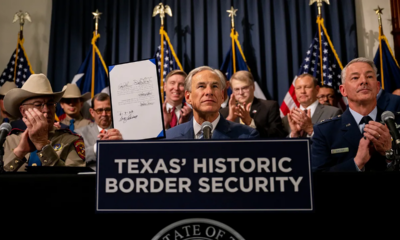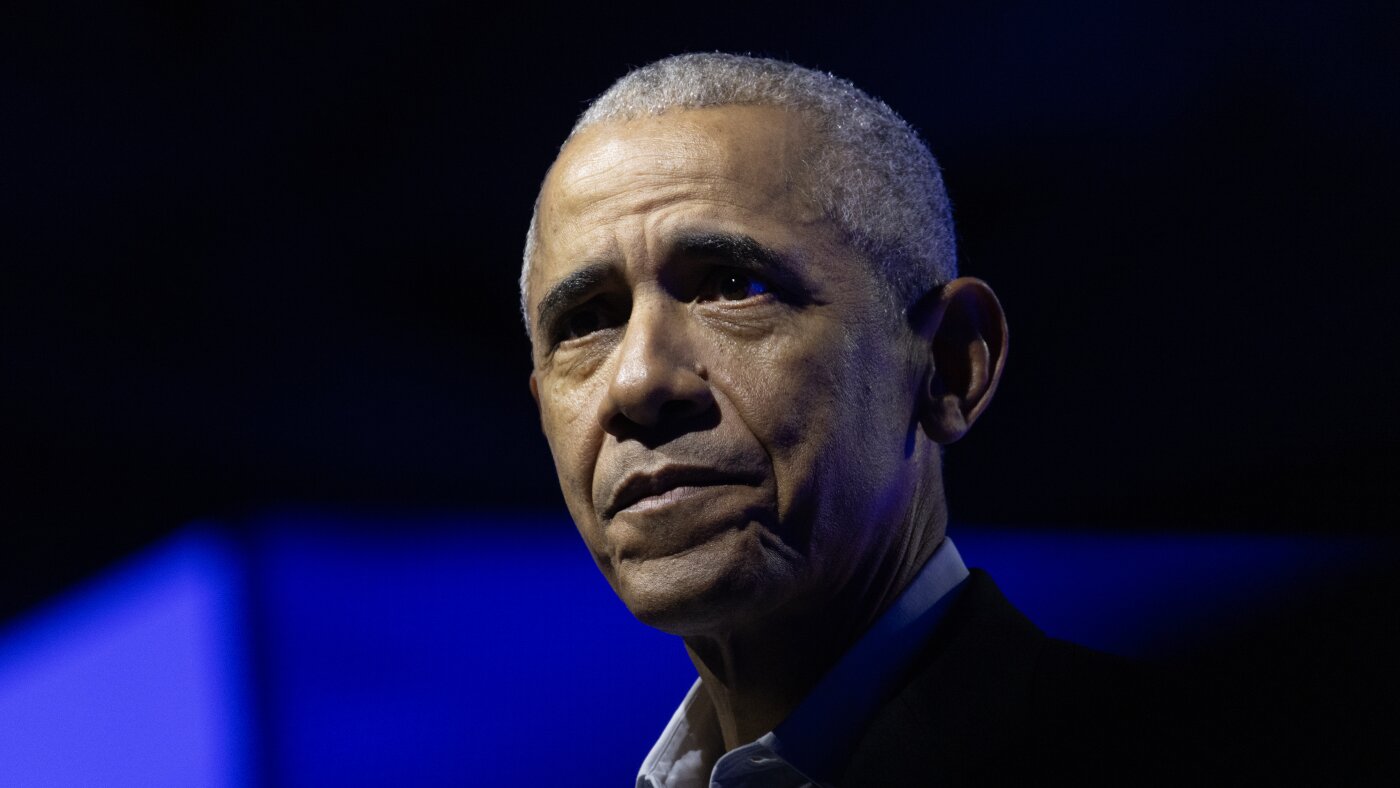Delaware
Delaware faces exodus of tech companies

Delaware is facing a further exodus of tech companies amid reports that Meta and Dropbox are moving out of the state.
Newsweek has contacted Meta and Dropbox for comment via email.
Why It Matters
Delaware has long been considered a business-friendly state due to its corporate tax advantages, and is home to multiple large companies. However, backlash against the First State has intensified after Delaware Judge Kathaleen McCormick ruled that Tesla CEO Elon Musk’s record-breaking $56 billion compensation package was excessive.
Musk, who has become increasingly influential in both the political and corporate world, urged companies to pull out of the Democratic-led state. In February 2024, he announced that SpaceX was relocating its incorporation from Delaware to Texas, following Tesla’s corporate move from California to Texas in 2021.
FABRICE COFFRINI/AFP/Getty Images
What to Know
Meta, the parent company of Facebook, Instagram, and WhatsApp, is reportedly considering moving its incorporation from Delaware to another state, such as Texas, according to reports in the national press.
The company has been in talks with Texas officials about the potential move, though other states are also being considered. An unnamed source told The Wall Street Journal that these discussions predated former President Donald Trump’s return to office.
Musk holds a role in the new Trump administration as head of the Department of Government Efficiency (DOGE).
The move would not involve Meta relocating its corporate headquarters out of California.
Texas is perceived as having a more favorable legal and regulatory environment for businesses, particularly in taxation and corporate governance, Reuters reported.
Meanwhile, file-hosting service Dropbox is also said to be moving its incorporation from Delaware to Nevada.
The move was revealed in a letter to stockholders that has been shared on social media. Dropbox said it has received approval from a majority of shareholders to proceed with the transition.
What People Are Saying
Stephen Bainbridge, a law professor at the University of California, Los Angeles, told The Wall Street Journal: “The Texas state government is trying to send out signals that the Texas state courts will be more friendly to businesses than the Delaware court has been. But there’s no guarantee that that’s going to happen.”
Eric Talley, a corporate law and governance professor at Columbia Law School, told The New York Times: “One could read this as a bet that because Musk moved Tesla and some of his other companies to Texas, the client effects will be that it’ll develop a jurisprudence friendly to controllers. The hope that Musk and Zuckerberg have is that the courts in Texas will be much more permissive about them doing whatever they want, even if it involves a conflict of interest. There’s a much longer leash in Texas.”
Robert Anderson, a law professor at the University of Arkansas, posted on X, formerly Twitter: “Dropbox is also leaving Delaware. It’s happening. For those who don’t spend their days studying corporate law, today is an absolutely seismic event.”
Elon Musk in a January 2024 post on X: “Never incorporate your company in the state of Delaware
Dropbox, in a message to stockholders, stated: “Stockholders of the company holding at least a majority of the voting power of our outstanding shares of capital stock entitled to vote adopted resolutions by written consent in lieu of a meeting of stockholders to approve the reincorporation of the company from the state of Delaware to the state of Nevada by conversion.”
What Happens Next
It remains unclear when or if Meta and Dropbox will officially move out of Delaware.

Delaware
Former Delaware House Rep. John Viola, who served Newark, Bear, dies

Ever wonder what’s inside Dover’s Legislative Hall? Let’s take a look
Delaware’s Legislative Hall has served as the state’s capitol building since the 1930s. Here’s a look inside those hallowed halls.
Former House Rep. John Viola passed away, according to a social media post from his daughter and a statement from Delaware House Democrats.
Viola represented parts of Newark and Bear from 1998 until the time he left office in 2020. He was 75 years old.
His daughter Andria Bennett, who is also a former state representative, posted about Viola’s death on Facebook on Feb. 15, saying, “my best friends, my favorite person, my safe place, my ride or die, MY JV left us and my heath is absolutely shattered.”
House Democratic leadership released a statement on Sunday afternoon remembering Viola as a “dedicated public servant in every sense of the word.” The statement referenced his time in Dover, in the Air Force and as a volunteer firefighter.
“Whether in Legislative Hall or in everyday life, John showed up every day with the same purpose: to help people and make life a little better for others,” the statement by Speaker Melissa Minor-Brown, Majority Leader Kerri Evelyn Harris, and Majority Whip Ed Osienski said.
Viola himself served as House Majority Whip from 2013 to 2017. He lost a primary election in 2020 to current Rep. Madinah Wilson-Anton by 43 votes.
He and his daughter, Bennett, were the first father and daughter to serve in the state House of Representatives at the same time.
Delaware
Salesianum, Delaware Military march to team titles in DIAA wrestling
Delaware
H/W/S boys basketball semifinals: Hackettstown vs. Delaware Valley
-

 Alabama1 week ago
Alabama1 week agoGeneva’s Kiera Howell, 16, auditions for ‘American Idol’ season 24
-

 Culture1 week ago
Culture1 week agoVideo: Farewell, Pocket Books
-

 Illinois7 days ago
Illinois7 days ago2026 IHSA Illinois Wrestling State Finals Schedule And Brackets – FloWrestling
-

 Technology1 week ago
Technology1 week agoApple might let you use ChatGPT from CarPlay
-

 Politics1 week ago
Politics1 week agoHegseth says US strikes force some cartel leaders to halt drug operations
-

 World1 week ago
World1 week ago‘Regime change in Iran should come from within,’ former Israel PM says
-

 Movie Reviews1 week ago
Movie Reviews1 week agoWith Love Movie Review: A romcom with likeable leads and plenty of charm
-
News1 week ago
Hate them or not, Patriots fans want the glory back in Super Bowl LX

























